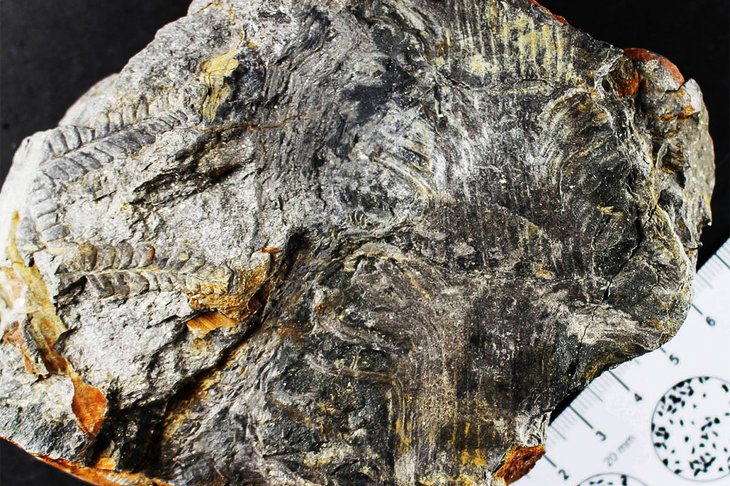Researcher of the University of Porto discovers a 300 million year fossil
Article

DR
The fossil of an already extinct plant was found in the coal field of the Douro, in Gondomar, by the palaeontologist and researcher Pedro Correia, of the Earth Sciences Institute (ICT), headquartered at the Faculty of Sciences of the University of Porto (FCUP).
The remains of the ancient plant were named Iberisetum wegeneri, a tribute to the German geologist and meteorologist Alfred Wegener. This fossil is an exciting finding as it shows evidence of a 300 million year plants and “represents a new type of plants, already extinct, the esfenopsídeas primitive, an ancestral group detached from the current Equisetum”, as explained by the researcher to the U.Porto news portal, who added that “its leaf sheaths worked as a kind of solar panel, with the leaves oriented towards the sun to maximize light gathering capacity, essential for photosynthesis. This functional morphology is the result of an adapted evolution of plants to the climate and to the ecological conditions in the Douro Basin”. The finding was published in the Historical Biology magazine.
This is not a first for Pedro Correia as regards fossil finding; in 2020, the Portuguese palaeontologist had already discovered a fossil of the Annularia paisii, a horsetail extract that enabled the understanding of the relationship between plants and insects 300 million years ago. In addition, the researcher of the FCUP published his study on the Pangea supercontinent in the Scientific Reports Journal (Nature Research), which provided information on the origins of Earth, as we know it today.
In 2019, also, the researcher and his team found the Annularia noronhai, a tribute to the geologist and former teacher at the FCUP, Fernando Noronha, in the coal outcrops at São Pedro da Cova.